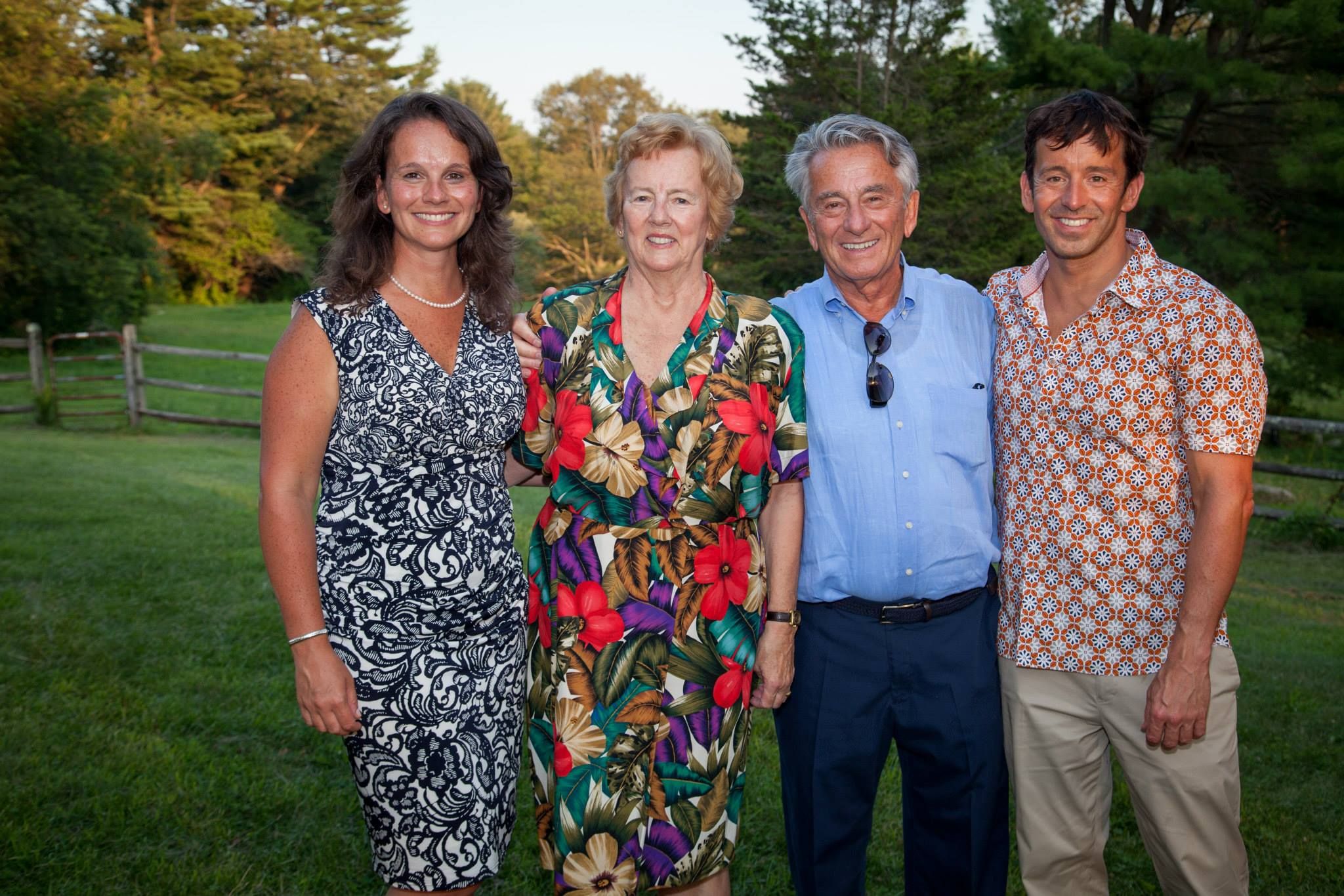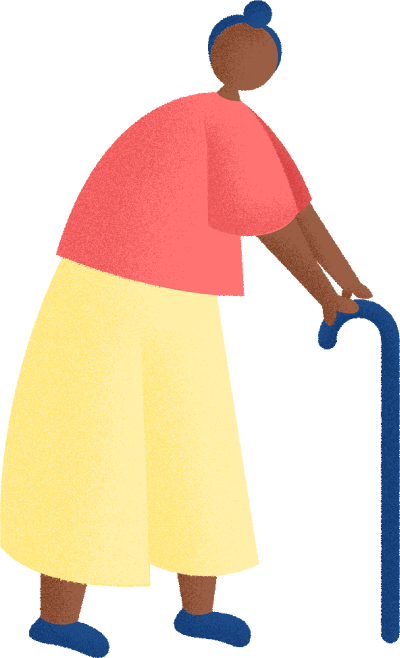When Health Insurance Fails, HarborPath Comes Through
Talk about needing to vent. My 86-year-old dad was having an awful year: accident, illness, spinal surgery, bacterial infection – all on top of being locked down during a global pandemic.
Natalie Kostich —

Talk about needing to vent.
My 86-year-old dad was having an awful year: accident, illness, spinal surgery, bacterial infection – all on top of being locked down during a global pandemic. Mom, 84, had been sick, too, first with early-stage breast cancer, then a severe flare-up of diverticulitis, and finally cataract surgery.
But we were making it through: together but also alone. COVID-19 rules meant no hospital visitors and no accompanying anyone to medical appointments. On Christmas Day, my mom and I stood outside the rehab center where Dad was recovering and waved at him through a window. Did I mention that I was pregnant with their first grandchild during much of this?
Not to worry. Our story has a happy ending. But it also illustrates much of what is wrong with the health insurance system in America, as well what can happen when a patient in need of affordable medicine connects with the right assistance program.
For us, that was HarborPath, a small nonprofit based in Charlotte, N.C., that delivers a variety of medicines free of charge to the uninsured and underinsured. Dad, a retired college professor, has Medicare Part D prescription drug coverage. So does my mom, a retired pediatrician. It’s what would be considered decent insurance – except when it’s decidedly not.
That’s where the venting comes in.
Dad, home at last, contracted C. diff (Clostridium difficile infection) yet again, his fourth bout. C. diff causes a life-threatening form of diarrhea that three courses of vancomycin had not helped at all. Only the antibiotic drug Dificid (also known as fidaxomicin) had proved effective in treating the infection. But – and this is a big but – his insurer only seemed willing to cover the full cost when he was in the hospital, and we were so happy he was out.
That left us to pay almost $2,200 out of pocket. For a single medication. That’s two pills a day for 10 days, or roughly $125 a pill. Quite a copay even for our financially stable family, especially when it wasn’t close to our only medical expense last year or this. And that’s after insurance accepted our appeal and agreed to cover any portion of the cost at all (but declined because of Medicare Part D rules to move Dificid to a lower pricing tier on my dad’s behalf). Families without insurance pay even more, and there’s no generic equivalent available.
So I did what too many Americans find themselves forced to do. I went online to find help. I applied to one nonprofit patient program and then another. I heard back from neither.
That’s when I contacted someone certain to empathize: Lynda Gorov, executive editor of No Patient Left Behind (NPLB), a new nonprofit dedicated to making medicines affordable for everyone in America, in part by putting an end to copays, deductibles and other out-of-pocket costs that should be covered by insurance. She made a few suggestions, and then made the one that really mattered. She suggested I reach out to Ken Trogdon, Harbor Path’s founder and president, who has a longstanding relationship with Merck & Co., which manufacturers the drug my dad needed and has a patient assistance program for it.
Ken made the call for us. There were forms to fill out. Forty-eight hours later, the Dificid was on our doorstep, free of charge, shipping from Merck’s specialty pharmacy included. When my dad contracted C. diff for a fifth time, Harbor Path and Merck came through again. Another $2,200 we didn’t have to spend out of pocket.
HarborPath provides this same service as swiftly for anyone who qualifies, assuming the requested medicine is available to the organization, which Dificid normally isn’t. I’m not for a second pretending that my experience was the typical experience, or that most other people in similar situations are only a pleasant phone call or two away from their prescribed medicines.
Full disclosure. In fall 2020 I started work at RA Capital Management, a biotech investment firm that is funding NPLB and has helped HarborPath modernize and expand its roster of medicines. I know how fortuitous this relationship was for my family. It also underscores the absurdity of the health insurance system, and how difficult it must be to navigate for people without such a serendipitous set of connections. I have a master’s degree and couldn’t figure it out.
As Ken told Lynda, “This would typically not fall under our bailiwick, but we were happy to do it.” He added that HarborPath is looking to expand into compassionate drug use, which involves medicines not yet approved or those newly approved by the Federal Drug Commission. Patients tend to need them in a hurry, like my dad did.
Thank goodness for safety nets such as HarborPath. And shame on the health insurance system that makes them necessary. I can’t even fathom what patients without insurance go through.
My parents, who emigrated from Serbia 56 years ago, are both doing better now. They are naturally besotted with their new grandson. But all of us except the baby are also newly and acutely aware that having health insurance isn’t the same as having healthcare, and that trying to get the medicines you need covered without outside assistance can really make you sick.
Natalie Kostich is a senior program manager at RA Capital Management.



